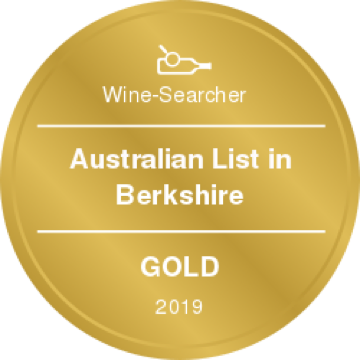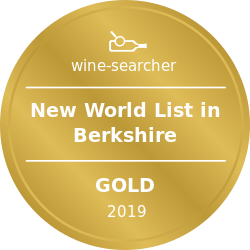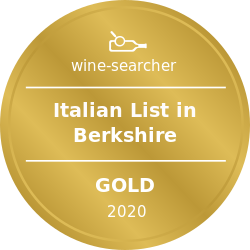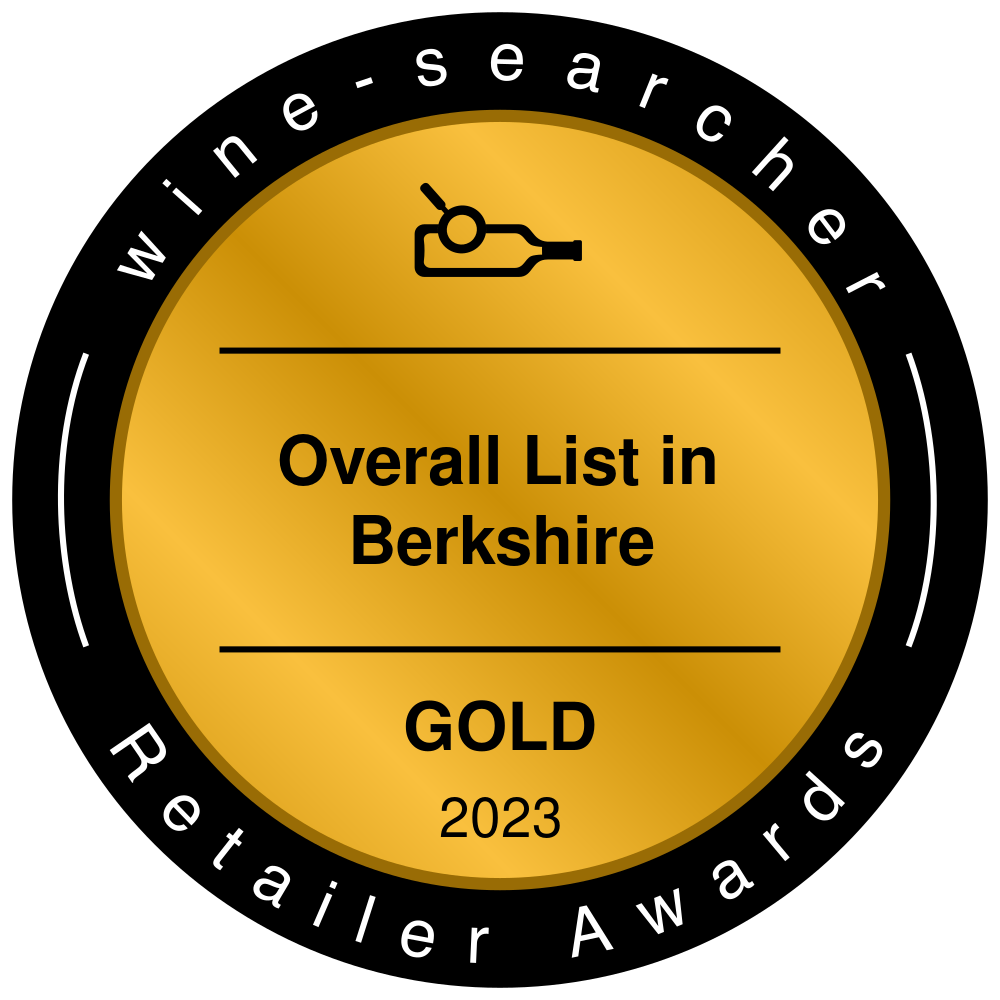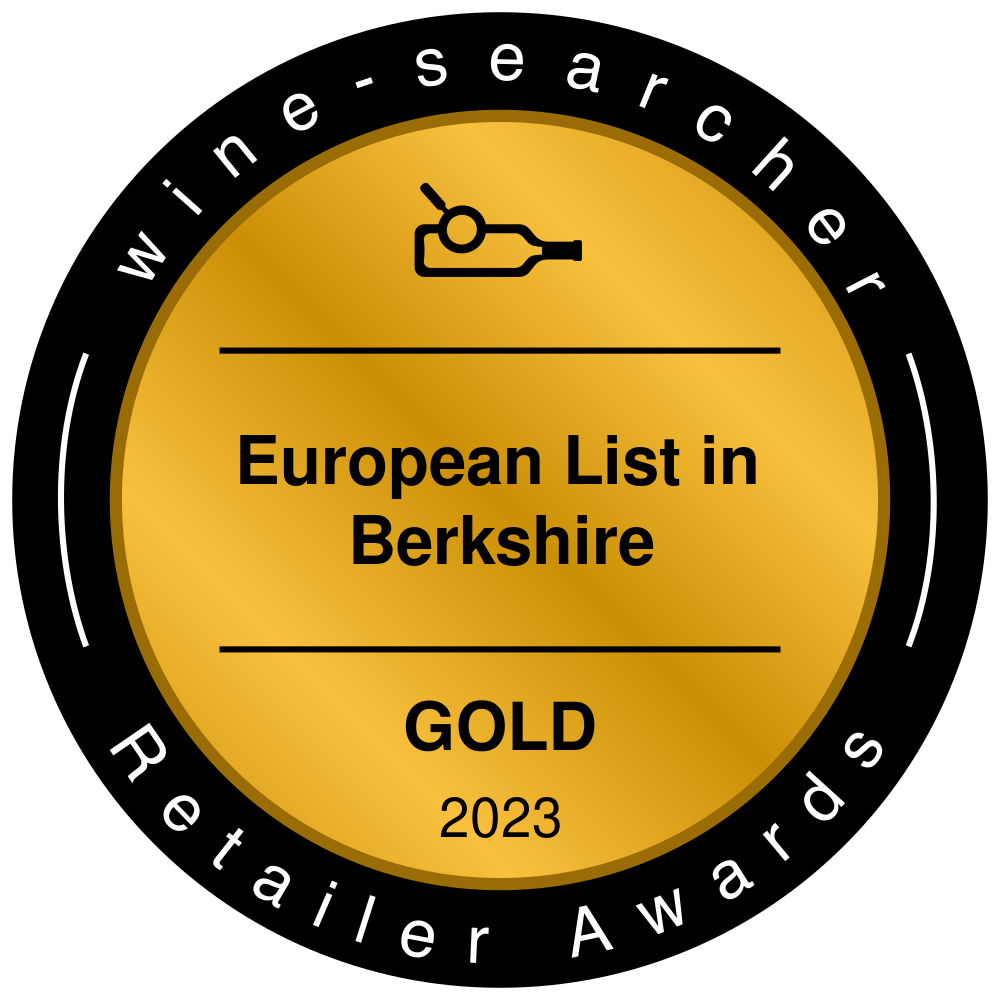(V) The House of Ruinart traces its roots back to the 17th century and is the world’s oldest champagne maker. Compared with other champagnes, production is small. The Ruinart Brut Rosé is a blend of 45% Chardonnay and 55% Pinot, of which 18% is still red wine, blended later, the so-called ‘assemblage’ method of production. In the glass, the wine shows rose petal colour with very fine, profuse and sustained long-lasting mousse and bubbles. The nose is fine, subtle and fruity, with notes of small red berries and a vigorous, well-balanced palate that works well with food. Good integrated tannins with a hint of spice and a lengthy finish.
Delivery Charges
*Local Free Delivery: SL3 and SL4 postcode (Windsor/Datchet)
*Local Free Delivery: All SL (Except SL7), HP9, GU25, TW18, TW19 & TW20 postcodes. (Min. 6 bottles or 1 Hamper or 1 of our selected Wine cases purchased)
- England and Wales £12.00
- England and Wales Free Delivery (Over £200 purchased)
- Northern Ireland £30 (All BT postcodes)
- Scotland £15.00 (EH, FK, G, KA, KY, ML, DG and TD postcodes)
- Scottish Highlands and Islands £ 30.00 (All AB; DD; HS; IV; KW; KA27-28; PA; PH; TR21-25; ZE postcodes)
More Information
Dom Ruinart together with Dom Perignon were the two monks that invented champagne in the 16th century. Champagne Ruinart is the oldest champagne house in Reims.Champagne remains the pinnacle of sparkling winemaking, despite the proliferation of ’traditional method’ sparkling wines on the market. The region’s success continues unabated, even in recessionary times. The winning combination of top quality grape varieties, a northerly climate, hundreds of years of winemaking using the ‘méthode champenoise’, as well as an efficient marketing strategy, has ensured the reputation is upheld. The vineyards of Champagne cover an area of 34,000 hectares, or 3.4% of the entire French vineyard area. There are 15,000 growers who work these vineyards, with 150 cooperatives of varying sizes, and 300 Champagne ’houses’, or négociants. Most of the area lies on limestone soils, which is important in this relatively wet climate - amongst other benefits, limestone drains well, preventing problems associated with waterlogging or excess vine vigour.
The primary grapes used in the production of Champagne are Pinot noir, Chardonnay and Pinot Meunier. Champagne appellation law only allows grapes grown according to appellation rules in specifically designated plots within the appellation to be used in the production of Champagne. Some sparkling wines produced in other regions of the world use other grapes.
In the Côte des Blancs, where Chardonnay thrives, the Vallée de la Marne has a sunny climate, bringing a fruitier, forward character to the wines, which is accentuated by the Pinot Meunier variety. Both the warmer slopes of the Montagne de Reims and the more southerly vineyards of the Côte des Bars, in the Aube, suit Pinot Noir well.






